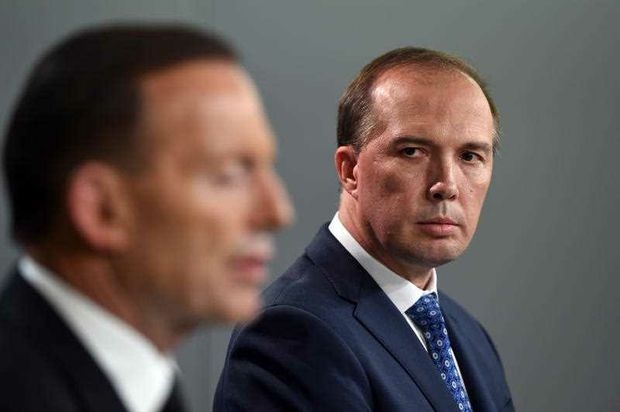
AAP Image – Paul Miller
ARGUMENTS that the Medicare system is costing more due to patients “overusing” subsidised visits to GPs are not borne out by the facts of a major study showing how doctors are working longer hours to deal with more complex problems, according to one health policy expert.
The study by the University of Sydney’s Family Medicine Research Centre last week revealed the system cost some $2.1 billion a year more in 2013-14 than it did 10 years ago.
But, the centre’s Associate Professor Helena Britt said, the data showed taxpayers were actually getting a lot more bang for the buck – through an extra 35 million more GP services (36% more than in 2003-04), managing an extra 68 million health problems (a 48% rise on 2003-04).
Key to the change was a 67% rise in the number of GP’s seeing patients aged 65 years or older, making up some 17 million – almost half of the 35 million extra GP services delivered in 2013-14 compared with 2003-04.
While some commentators, including Health Minister Peter Dutton, have argued the rising cost of Medicare was due in part to “overuse”, Assoc Prof Britt said the new data showed exactly why the system was costing more.
She said the extra cost – $2.1 billion compared with a decade ago equated to about $60 for every Australian, while doctors were using the same appointment to address more numerous, and complex, chronic problems – in part due to the ageing population.
Dr Liz Marles, a past president of the Royal Australian College of General Practitioners agreed that being a GP today was more complex than a decade ago, largely due to people having more illnesses.
“Consultations nowadays are rarely quick and simple, in fact only three per cent of GPs’ consulting time requires brief consultations of six minutes or less,” she said.
Assoc Prof Britt said the Centre’s data showed arguments that people should be paying more for their GP visits, through a proposed $7 co-payment, also ignored the role primary health care played in saving taxpayer funds in hospital visits.
“I think the mechanic idea is a good one – if you don’t get your brakes checked regularly, you risk a crash – but you wouldn’t take a simple problem to the emergency department, so we should be making primary health care more affordable to save money at the hospital,” she said.
The data was released by the university’s centre as part of its Bettering the Evaluation and Care of Health Program (BEACH), based on a sample of 1000 GP’s services during 2013-14 and comparison with historical data.
– APN NEWSDESK
